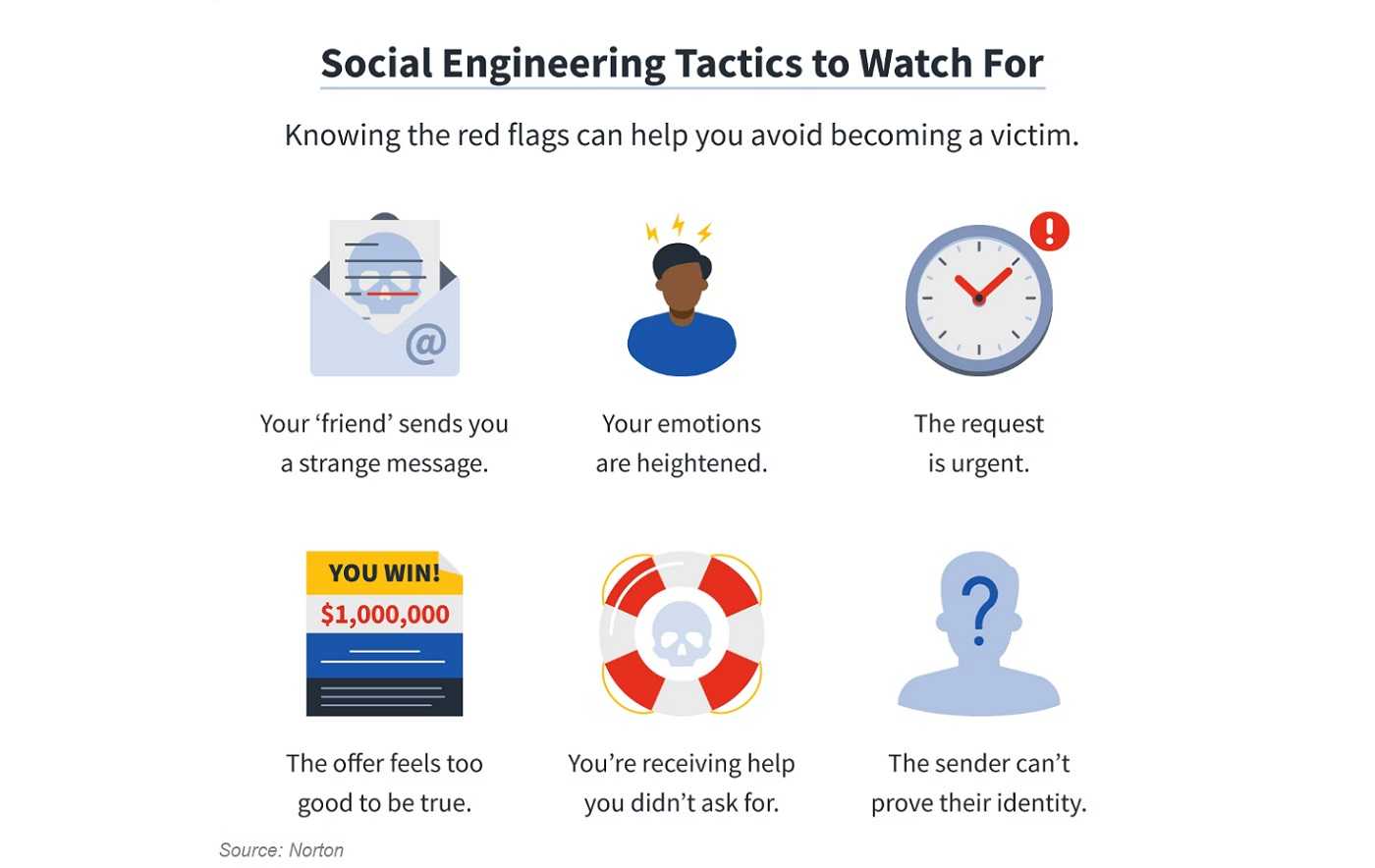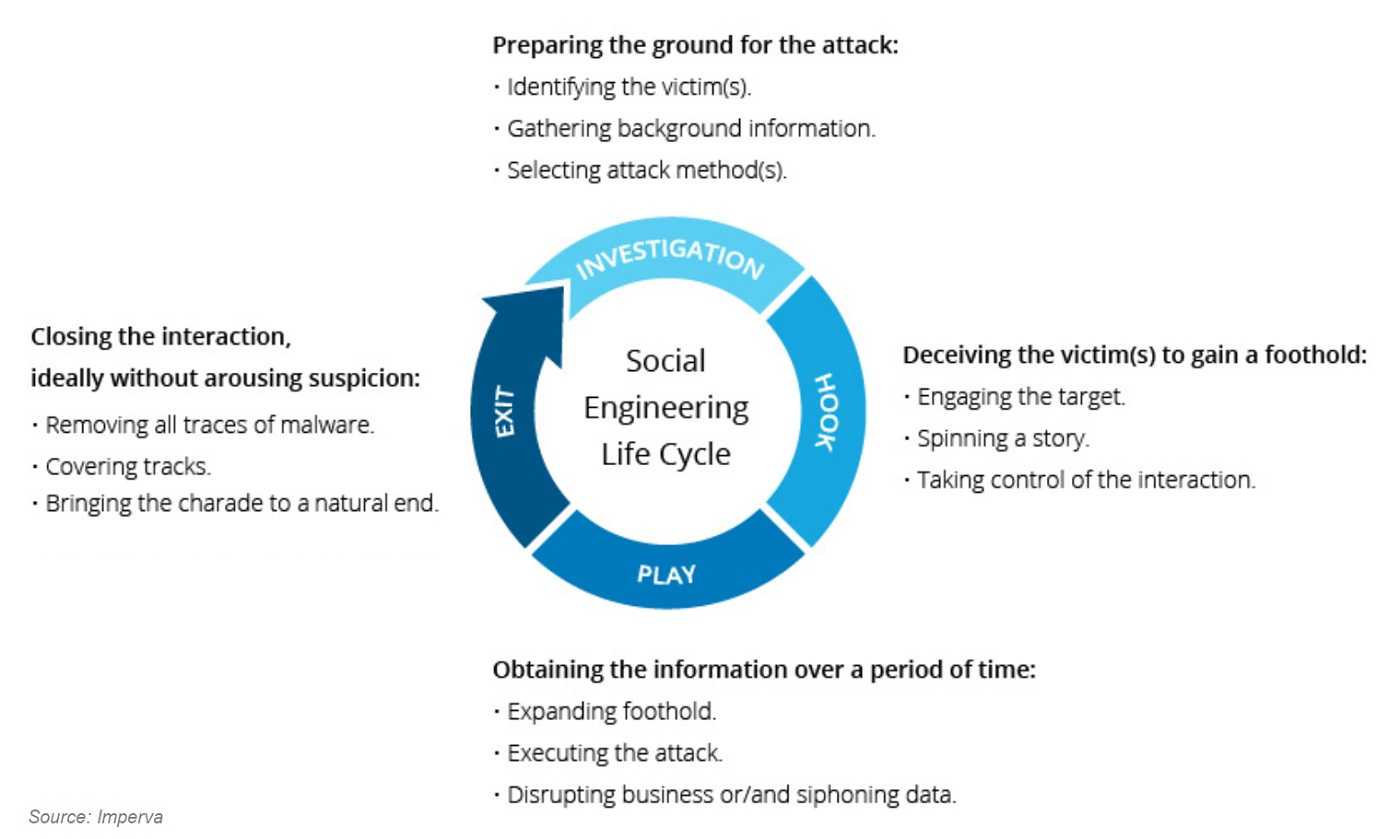Let's dive into the world of social engineering and its impact on our lives, shall we? Brace yourself for a friendly reminder about this sneaky psychological manipulation technique that can really mess with your day. Picture this: someone cleverly exploits your mind to get you to do their bidding or spill sensitive information. It could never happen to you, right?
Now, you might think that the small details in your life aren't worth a second thought, but guess what? Those seemingly insignificant tidbits can be pure gold for cybercriminals. They feast on your personal and professional information, using any little detail against you in their social engineering schemes. It's like they have a twisted master plan, and your info is their secret weapon.
Social engineering is all about charming you into doing things you wouldn't normally do. They'll sweet talk their way into breaking your security processes faster than you can say "data breach." Imagine someone strolling up to a facility, claiming they're friends with the CEO or that they need to check for ants. They expect you to just wave them through without verifying a single thing. These tactics can even creep into your inbox with email phishing scams. You know all that spam cluttering your inbox? Yep, a good chunk of it is social engineering in action. Sadly, spam and phishing aren't going anywhere because, well, they work like a charm on all of us.

Social engineers spend nearly half their time researching their potential victims. They'll use any method at their disposal to gather intel on you. And you thought sharing your friend's name on social media was harmless, right? Well, imagine receiving a call from someone claiming your dear friend or family member had a terrible accident and urgently needs money. If the scammer knows a few details about you and your friend, thanks to your social media sharing, you're more likely to fall for their ploy. This scam has been around for a long time and it’s not likely to go away. Why? Because it keeps on working.

But fear not! We've got some advice to help you outsmart these schemers. We're not saying you shouldn't be nice—kindness, it seems, is a rare gem in this world. However, when it comes to money, sensitive info, or access to facilities, exercise caution. Don't let anyone bypass your security processes. Legitimate requestors will happily wait for proper verification. And if someone tries to rush you into making a decision, hit the brakes, take a deep breath, and make a quick phone call to confirm the authenticity of the request. Trust your gut!
Now that you're armed with this knowledge, you'll be one step ahead of those social engineering tricksters. Remember, they come in all shapes and sizes, from nation-state actors to curious kids and everyone in between. They're evolving and getting more sophisticated by the day. Stay vigilant and keep those scammers at bay!